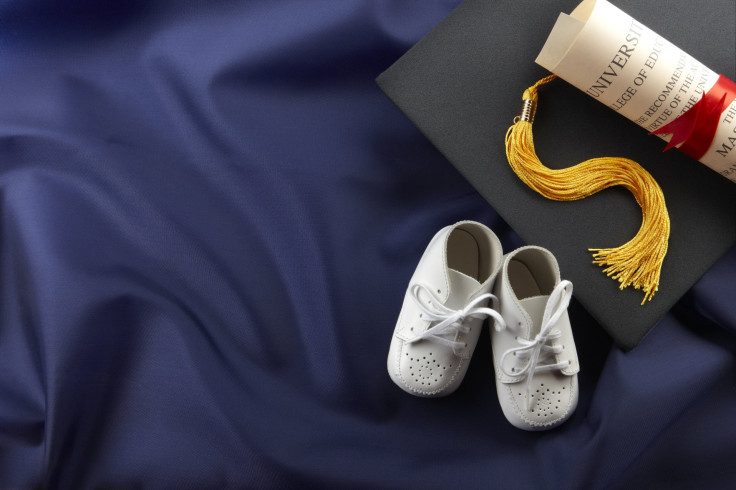First 3 Years Of Caregiving Determine Child's Lifelong Social Skills And Academic Achievement

Parents leave a lasting impression on how their child develops his lifelong social skills and academic achievement. Researchers from the University of Minnesota, University of Delaware, and the University of Illinois collaborated to test the theory, and it turns out how a parent takes care of her child for the first three years affects him for the rest of his life.
"The study indicates that the quality of children's early caregiving experiences has an enduring and ongoing role in promoting successful social and academic development into the years of maturity," the study’s lead researcher Lee Raby, postdoctoral researcher at the University of Delaware, said in a press release. "Altogether, the study suggests that children's experiences with parents during the first few years of life have a unique role in promoting social and academic functioning — not merely during the first two decades of life, but also during adulthood."
Researchers followed 243 individuals from the time they were born into adulthood, ending observations at the age of 32. All of the subjects were born into poverty but varied in ethnicity and race. The interactions between mother and child were collected four different times in the first three years of their lives, along with reports from teachers on their in-classroom social skills and standardized test scores. Researchers then interviewed each of the participants in their 20s and then again in their early 30s to assess romantic relationships and education levels, and published their findings in the journal of Child Development.
"This suggests that investments in early parent-child relationships may result in long-term returns that accumulate across individuals' lives," Raby said. "Because individuals' success in relationships and academics represents the foundation for a healthy society, programs and initiatives that equip parents to interact with their children in a sensitive manner during the first few years of their children's life can have long-term benefits for individuals, families, and society at large."
Parents who took a more sensitive approach to caregiving early in life grew up to be better socially and academically developed individuals for the first three decades of their life. Sensitive parenting affected their academic outcomes more than who they hung out with or engaged in romantic relationships with. A family’s finances were important factors in how well a child was raised and developed, but they didn’t have as much of a long-term influence on academic success as sensitive parenting did.
Source: Raby KL, Roisman GI, Fraley RC, and Simpson JA. The Enduring Predictive Significance of Early Maternal Sensitivity: Social and Academic Competence Through Age 32 Years. Child Development. 2014.



























